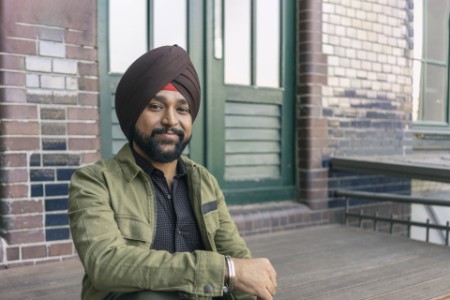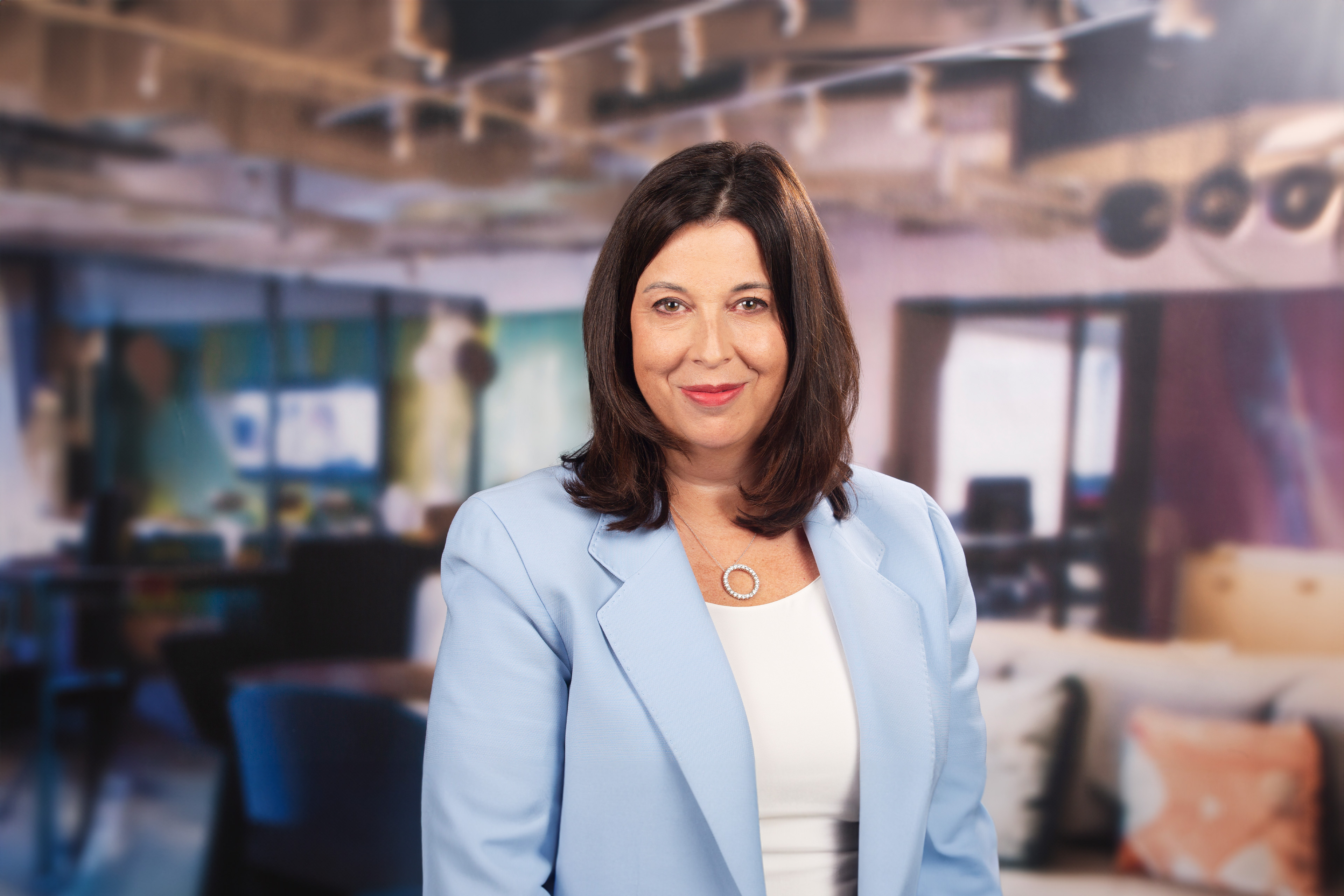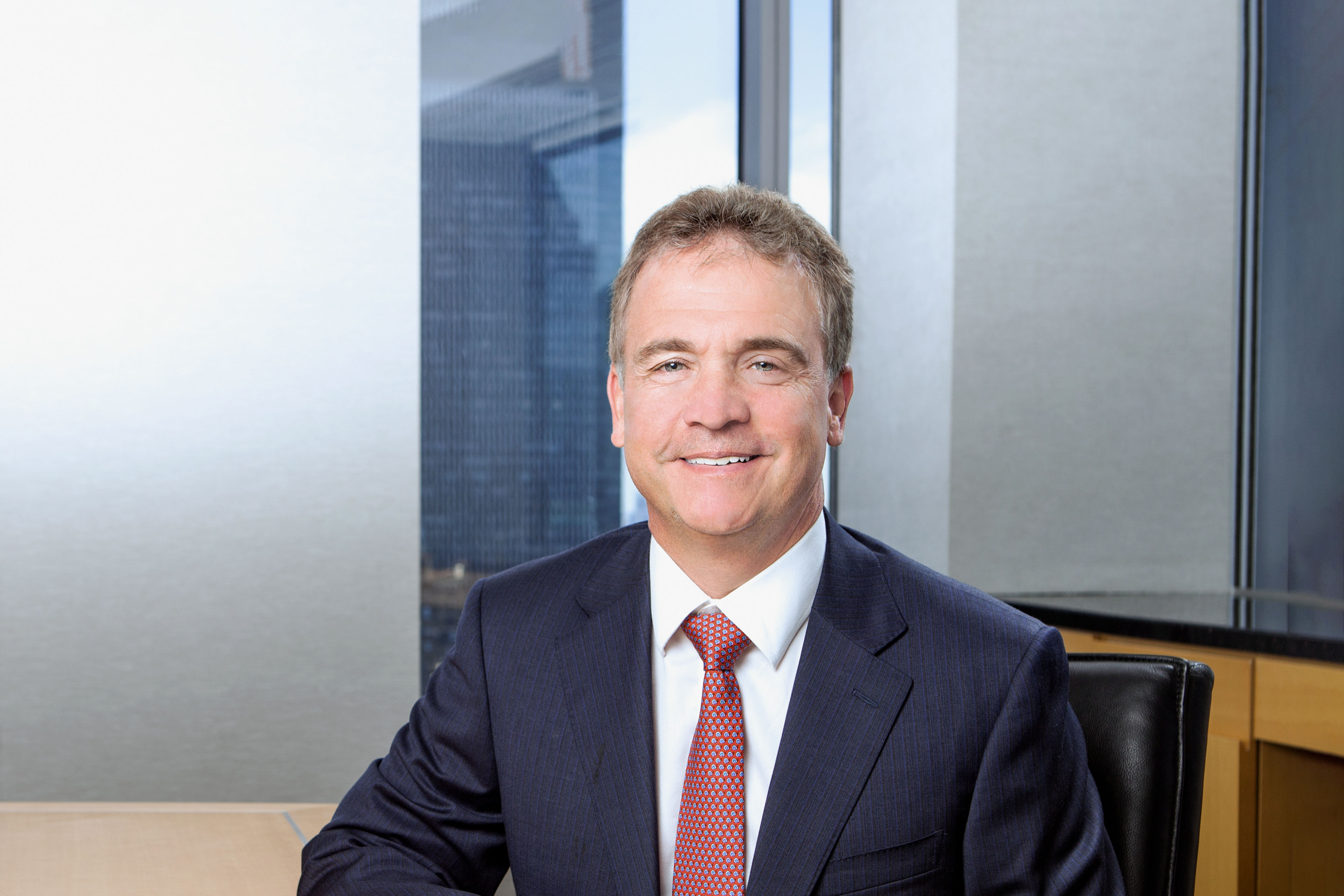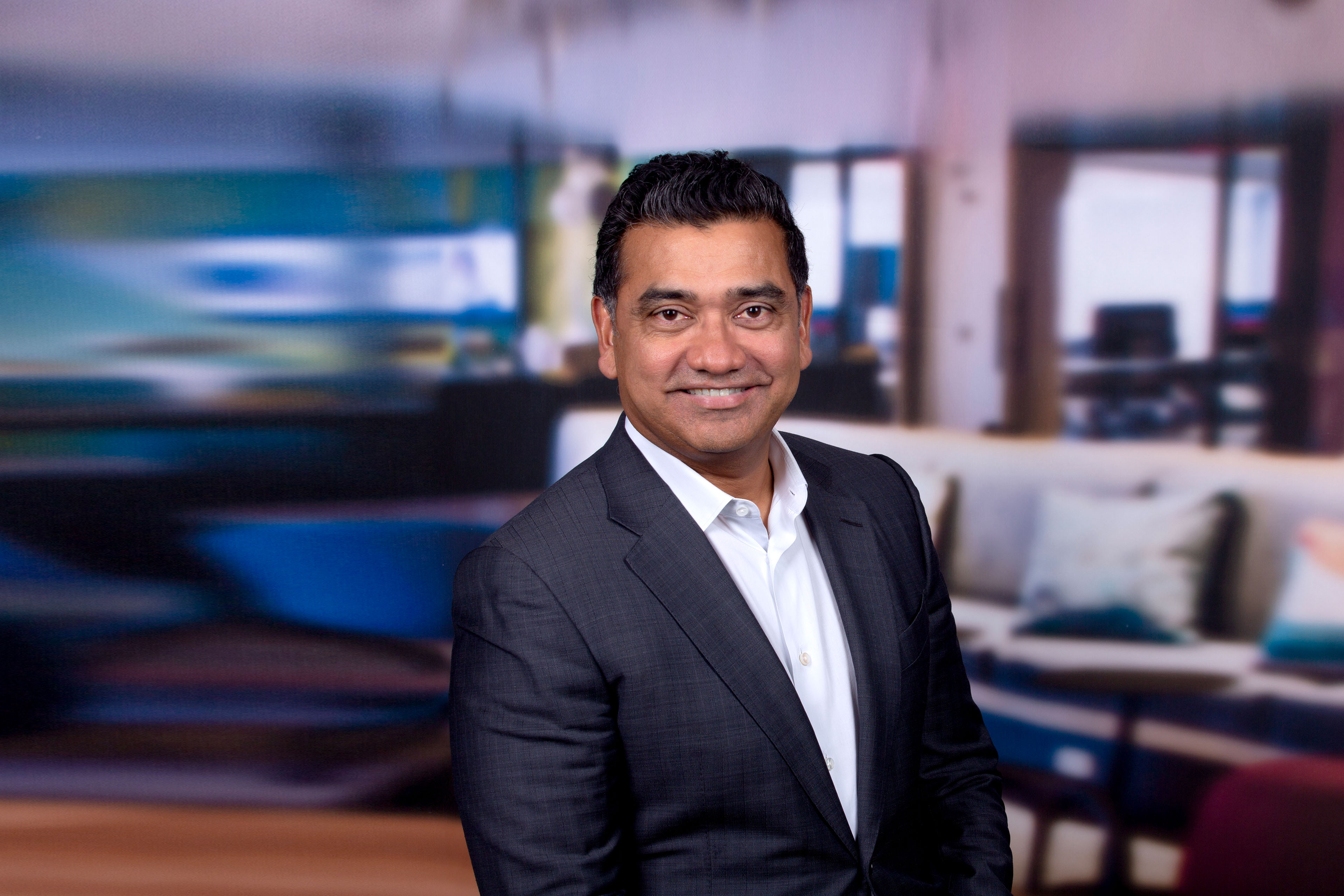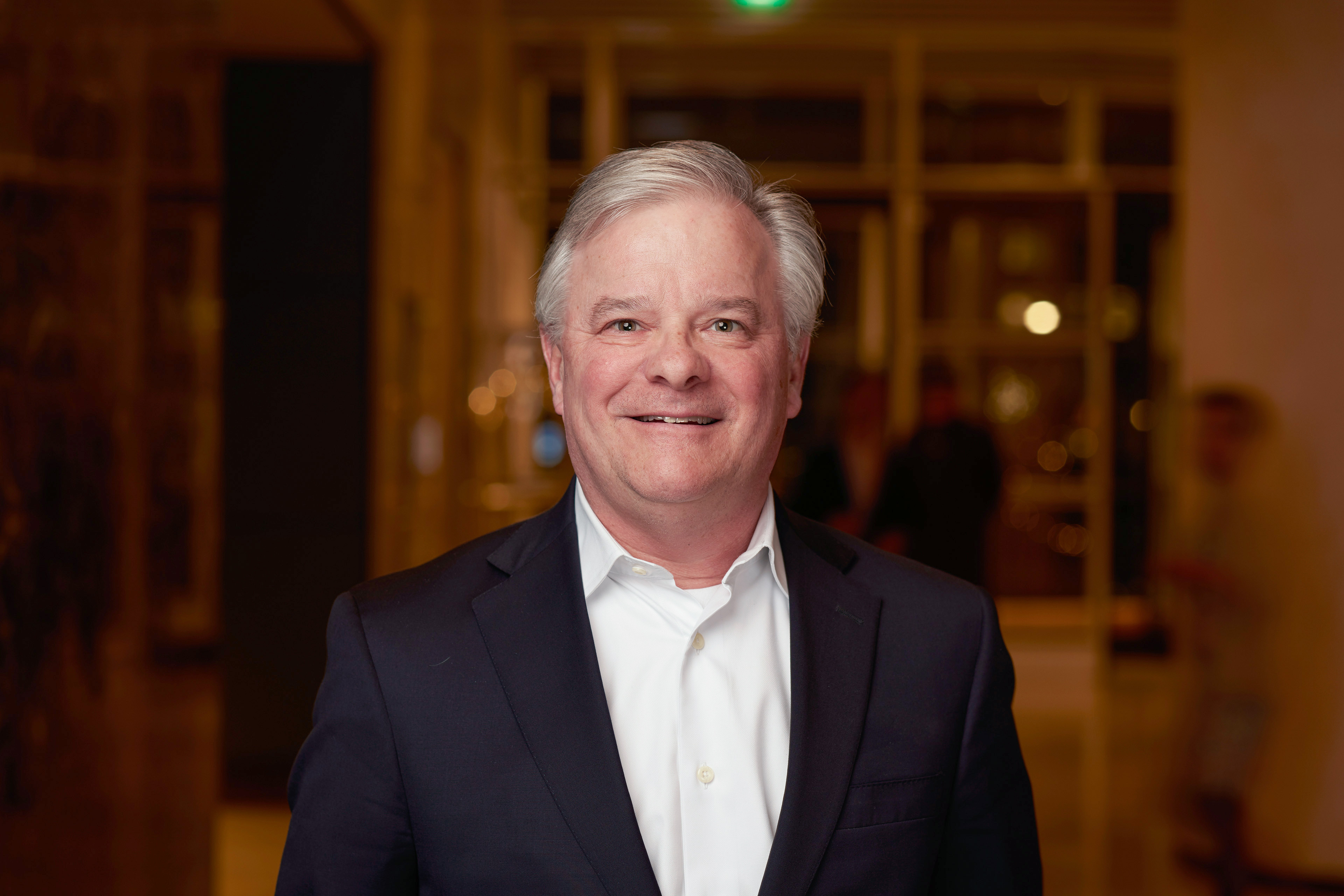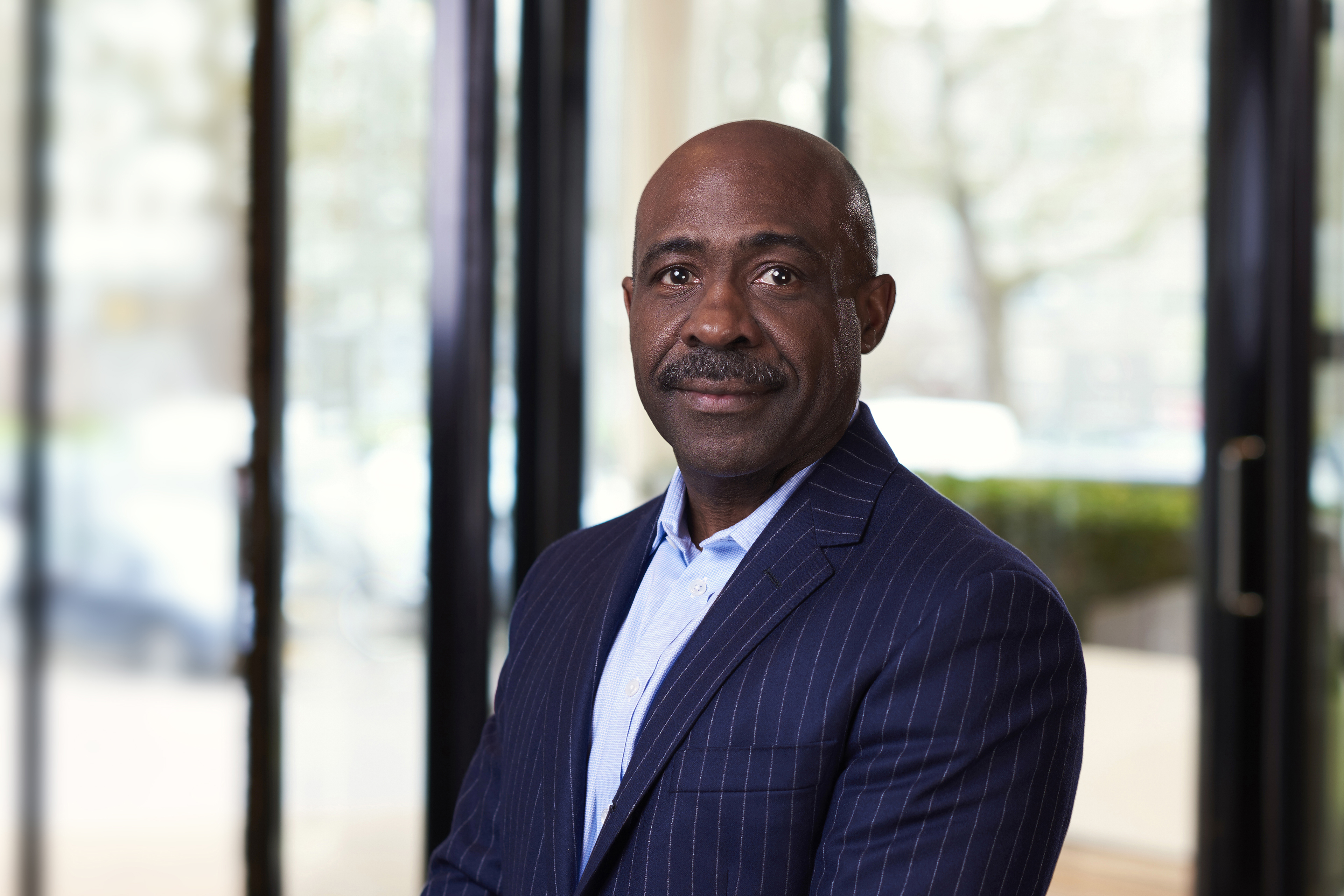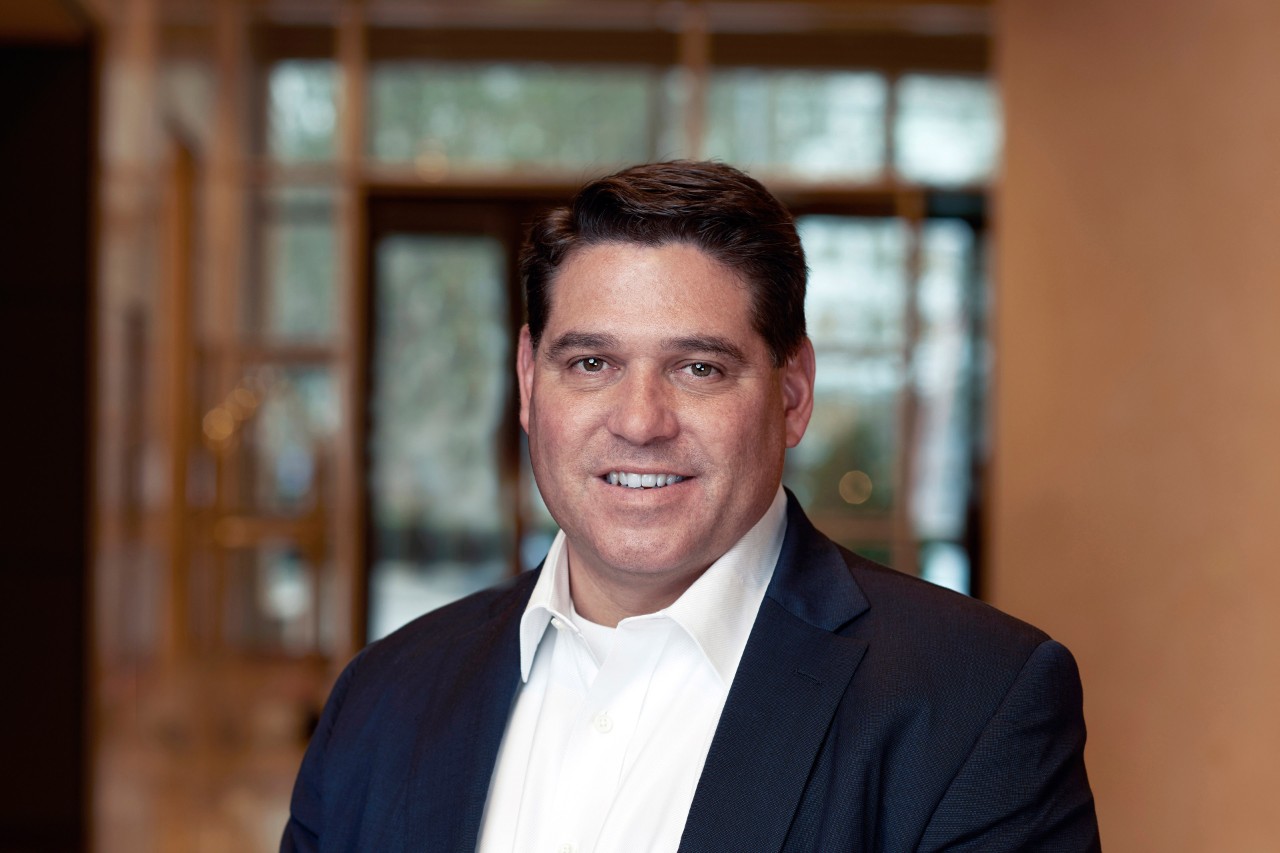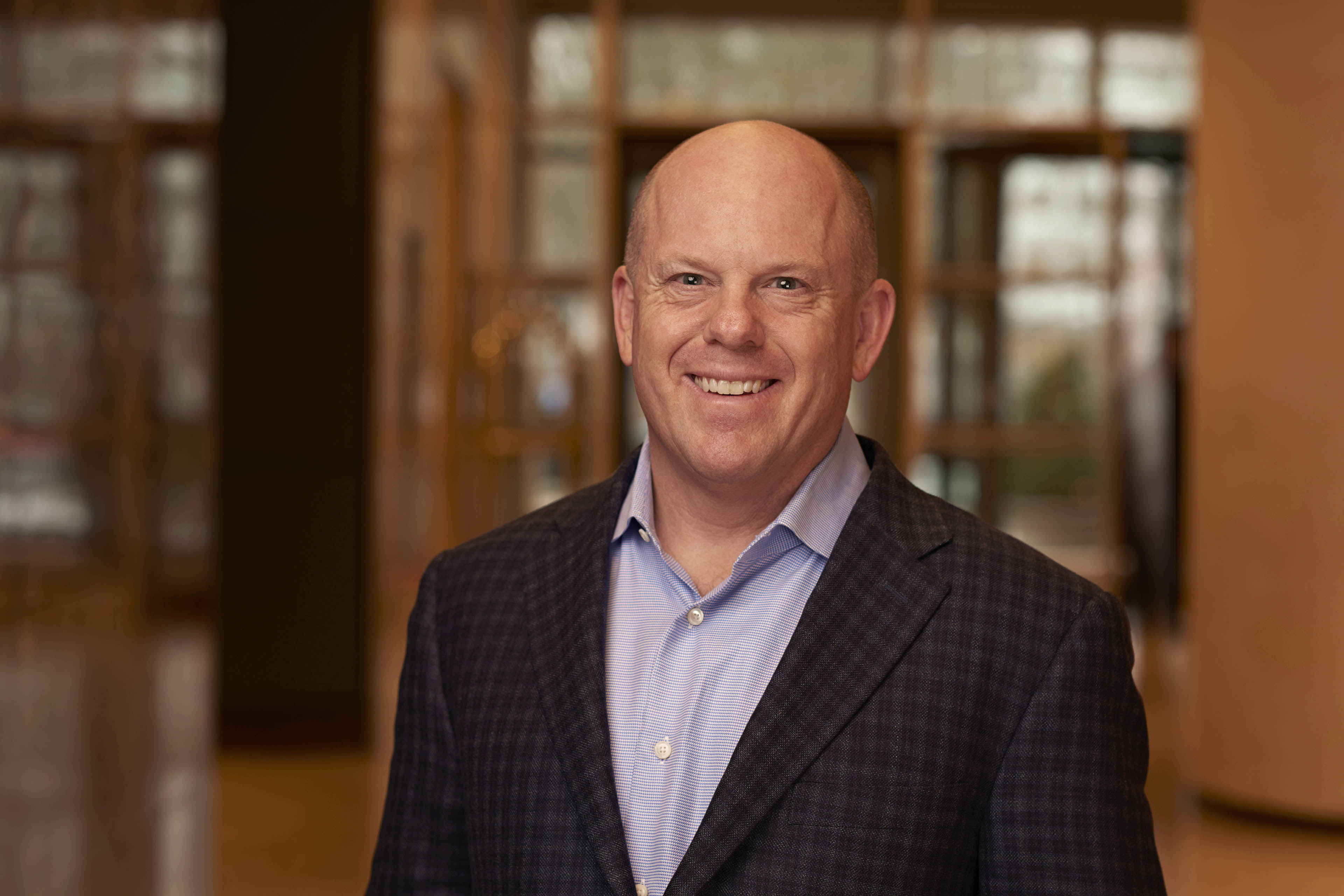Culture is tangible. By focusing on belonging, understanding differences, creating spaces for people to voice their needs, and providing learning experiences to create more inclusive leaders, we are driving toward an environment where each and every person can have an exceptional EY experience.
The belonging imperative
Empowering all of our people to be their authentic selves every day and deepen the sense of trust within their teams is among our firm’s key DEI priorities.
In practice, this means that we are consistently working to foster an environment where all of our people have a true sense of belonging and an equitable opportunity to thrive. To build and sustain this equitable culture of belonging, we listen to our people’s perspectives, equip them with knowledge to drive awareness and enable action, and provide a range of support offerings to meet a varied set of needs.
Listening with focus
We leverage a range of active and passive listening sources, including surveys, studies and social media platforms, to gain insight into how EY can create more exceptional experiences for all our people. Through our People Pulse Survey, our anchor listening tool that solicits feedback on many topics three times a year, we learned that our people’s EY experience is exceptional and has remained stable compared to that of prior years, despite the ongoing challenges and demands of 2021.
Upward Feedback
In 2021 we introduced Upward Feedback, a leadership feedback survey, to all EY professionals at the ranks of manager and above to help embed and cultivate our transformative leadership behaviors. Participants were given the option to request feedback from their direct reports, and 60% of EY professionals at our manager ranks and above requested feedback. In addition, 41% received a leadership feedback and development report. Our people were asked to rank leadership behaviors in order of importance to them and to rank the behaviors that their leader demonstrates most and could demonstrate more. As a result, we learned that our leaders most often embody the transformative leadership behaviors of belonging, inspiring and teaming.
Highlights from our People Pulse survey
To gauge how our people perceive our environment and culture, we regularly solicit feedback about their EY experience. Across questions that measure our inclusiveness culture, we continue to be highly rated, but when our people report changes in their experiences through lower scores, we seek to understand, determine root causes and take action to be better.
Overall, my EY experience is exceptional.
| Nov. 2021 (FY22) | Nov. 2020 (FY21) | Change | |
|---|---|---|---|
| Overall | 74% | 70% | +4 |
| Women | 74% | 71% | +3 |
| Men | 74% | 69% | +5 |
| Racially and ethnically diverse | 76% | 72% | +4 |
| White | 74% | 69% | +5 |
EY US provides a work environment where I feel free to be myself.
| Nov. 2021 (FY22) | Nov. 2020 (FY21) | Change | |
|---|---|---|---|
| Overall | 82% | 82% | 0 |
| Women | 83% | 84% | -1 |
| Men | 81% | 80% | +1 |
| Racially and ethnically diverse | 81% | 78% | +3 |
| White | 83% | 84% | -1 |
The people I work with make me feel like I belong to a team.
| Nov. 2021 (FY22) | Nov. 2020 (FY21) | Change | |
|---|---|---|---|
| Overall | 86% | 85% | +1 |
| Women | 86% | 86% | 0 |
| Men | 86% | 85% | +1 |
| Racially and ethnically diverse | 85% | 84% | +1 |
| White | 86% | 86% | 0 |
EY US prepares me to work effectively with clients/colleagues from different countries and cultures.
| Nov. 2021 (FY22) | Nov. 2020 (FY21) | Change | |
|---|---|---|---|
| Overall | 82% | 82% | 0 |
| Women | 82% | 82% | 0 |
| Men | 83% | 82% | +1 |
| Racially and ethnically diverse | 81% | 80% | +1 |
| White | 83% | 83% | 0 |
Featured survey highlight
At EY US, my contributions are recognized and appreciated
| Overall | 76% | 70% | +6 |
|---|---|---|---|
| Women | 76% | 71% | +5 |
| Men | 76% | 68% | +8 |
| Racially and ethnically diverse | 76% | 70% | +6 |
| White | 76% | 69% | +7 |
Understanding our people
Offering our people the opportunity to provide more information about who they are is foundational to understanding their experiences and enables us to take actions to strengthen inclusiveness and drive greater equity in career development.
We encourage voluntary self-identification across a range of dimensions, including race, ethnicity, disability, veteran status, gender identity and sexual orientation, and we use these insights to help surface potential gaps and areas for action.
Expanding and strengthening our self-identification capabilities and educating our people on the benefits of self-identifying are priorities for us. Diversity, equity and inclusiveness hinge on understanding people as multi-faceted, dynamic and intersectional. This awareness guides our efforts and informs our work.
We have seen a progressive increase in the number of people who have self-identified as veterans, having a disability or as LGBT+. The launch of a new talent management system this year has provided the opportunity for people to manage and update their personal data, including self-identification. An upcoming campaign to encourage our people to self‑identify within our system and provide more information about who they are will help us further support their needs and identify potential opportunities to drive greater equity. We also fundamentally respect our people’s choice to not disclose any dimension, including race, ethnicity or gender, and we provide corresponding selections in our systems.
| Self‑ID data* | FY21 | FY20 | FY19 |
|---|---|---|---|
| Total headcount (all ranks) | 51,175 | 51,520 | 48,235 |
| Veterans | 2.35% | 2.10% | 2.00% |
| People with disabilities | 2.82% | 2.30% | 2.20% |
| LGBT+ | 1.23% | 1.30% | 1.30% |
| LGB** | 1.20% | - | - |
| Transgender and nonbinary** | 0.7% | - | - |
* Information collected via Self-ID is US population only. Information may be understated, as Self-ID requires voluntary disclosure.
** The expanded gender categories in our EY Self-ID system reflect our commitment to supporting and affirming people of all gender identities and expressions. Our FY21 data collection methods allowed for bifurcation of lesbian, gay, bisexual and transgender plus data.
Developing inclusive leaders
The workforce is more diverse than ever. The working world is also facing complex societal challenges and a loss of community created by the global pandemic.
Transformative leaders are those who help us realize our purpose and foster deep connectivity through empathy and confidence with our clients and each other. They leverage the unique abilities, experiences, perspectives, and viewpoints of groups and individuals, and are key to establishing a more inclusive, open and safe environment where our people can bring their best selves to work. We invest time in building inclusive leadership skills to develop better leaders. This investment makes a significant difference for both our firm and our people.
Cared for and supported
Listening sessions revealed that 72% of our people feel cared for by their leaders and 75% of people say their manager supports them disconnecting from work.
Embracing our people‑driven networks
Employee resource groups, called Professional Networks at EY US, have been an integral part of our people culture. They play a critical role in our commitment to diversity, equity and inclusiveness by bringing our diverse workforce together for connection, support and engagement that strengthen the overall EY experience.
As empowered groups envisioned and led by our people, our networks are formed around shared demographics, experiences and interests. They provide opportunities for our people to expand their personal networks, enhance professional skills and engage with leadership through key strategic drivers:
- Connectivity. Builds retention via a focus on belonging and well-being for all our people.
- Career development. Supports progression across all ranks via leadership development and a focus on innovation.
- Marketplace. Builds our brand — for the firm and for individuals — and strengthens connections to clients via targeted business development efforts and engaging with our corporate social responsibility, recruiting and other key stakeholder groups.
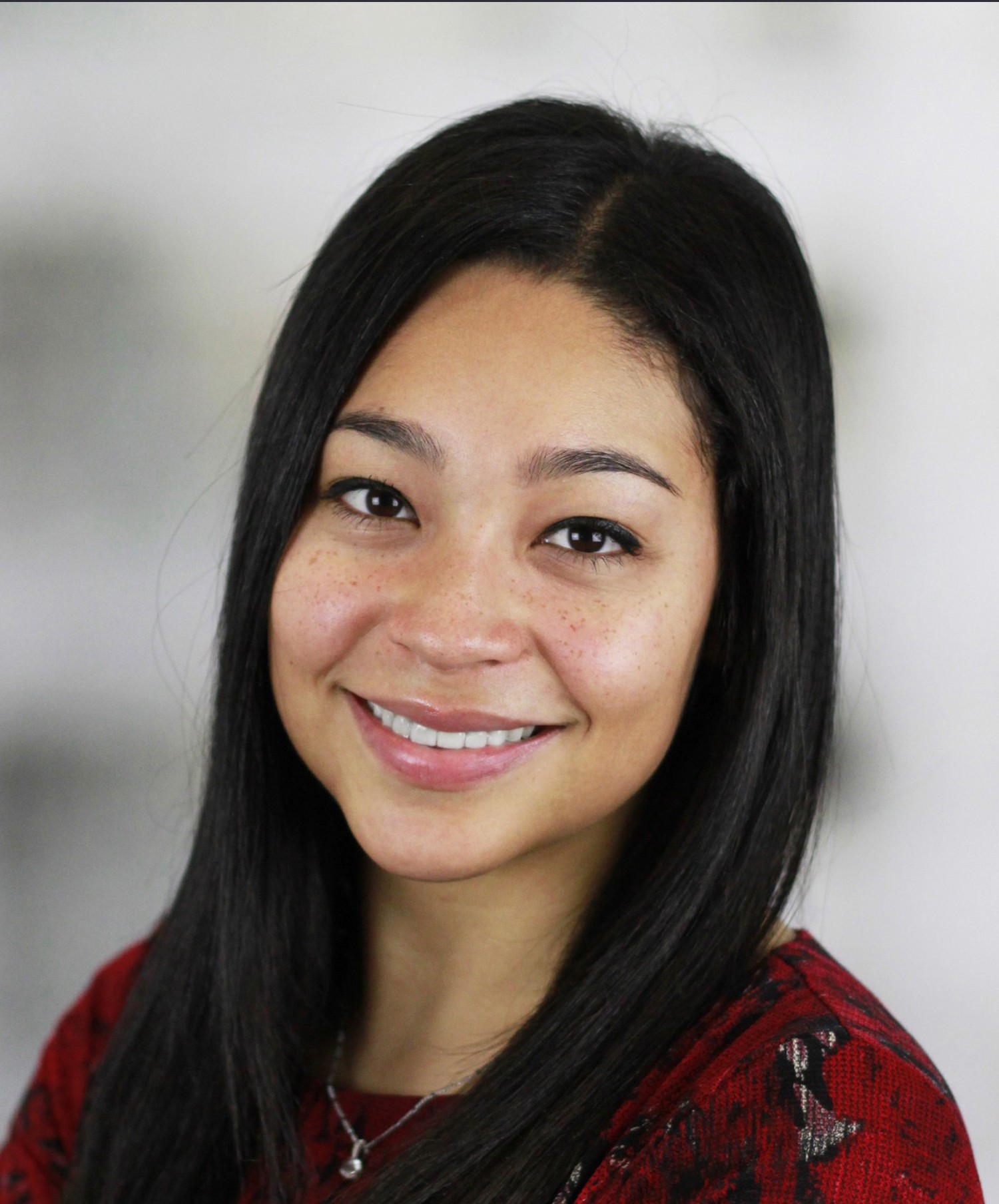
Ariel R. Johnson-Peredo
(she/her/hers)
Senior Manager, Ernst & Young LLP,
Business Consulting, Virginia
I’m part Cuban, part Filipino, part Black and part White. I’m racially ambiguous, so always get the question, “what are you?” Growing up in South Philly with two biracial parents, I was never Black enough for the Black people, Latino enough for the Spanish community. I pretty much didn’t fit in anywhere, and over time I just adapted to be a chameleon of sorts. To me, out in the world, sometimes people just can’t get past those differences. I am really proud of the people I work with every day at EY US. Not a lot of people can say that. Here at EY US, we celebrate and embrace those differences, and it changes everything! I now integrate myself into firm-related initiatives that aim to create equitable experiences for our underrepresented professionals of color and women. Most recently, I served as a co-lead for the Black Professional Network Advisory Council, where I help to create tangible change within the broader EY community.
Perspective on our professional networks
Americas Professional Network Council (APNC)
The Americas Professional Network Council (APNC) includes a diverse group of Professional Network leaders from all nine Professional Networks, Regions and service lines.
The Council raises visibility of the perspectives and challenges unique to each network to firm leadership. They also work to increase collaboration and allyship across networks, across the Americas and locally.
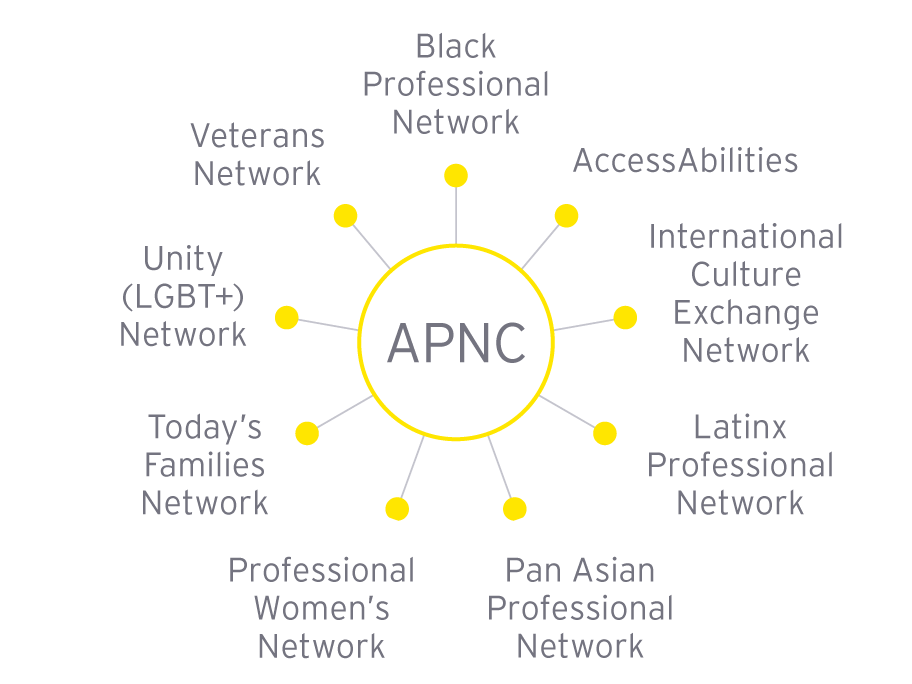
Our Professional Networks also help to drive awareness and understanding of their community’s experiences and are catalysts for engagement and action. For example, throughout the pandemic many of our EY professionals and their families had to navigate uncertainty as fluid restrictions impacted travel and status of visa holders.
Our International Cultural Exchange Network (ICEN), which builds community among people interested in international cultures, convened members to offer support and vital information.
Additionally, with the day-to-day challenges of the pandemic having a disproportionate impact on families, our Today’s Families Network (TFN) leveraged our proprietary THRIVE Wave coaching model that provides our people with a framework and tools to build resilience as they navigate the myriad difficulties of caregiving during the pandemic.
Leading with pride
During Pride Month, we celebrate our LGBT+ community and recognize the movement for LGBT+ equality. Support and allyship- aren’t confined to one month, however. We also highlight different
constituencies and aspects of the community on Transgender Day of Visibility, National Coming Out Day, and Transgender Day of Remembrance, through events and social media to bring awareness to the many experiences of this community.
In May, we recognized the International Day Against Homophobia, Transphobia and Biphobia with a worldwide EY celebration of LGBT+ diversity that united all EY people in solidarity with our LGBT+ community. Through the year, we encourage our people to be who they really are and lead by example. Each event, interaction, and our EY resources help educate people on how to be an ally or advocate who creates real change and fosters a true sense of belonging.
In the community, we’ve been a long-standing contributor to organizations like the Point Foundation, which provides scholarships to LGBT+ students, and The Trevor Project, the world’s largest suicide prevention and crisis intervention organization for LGBT+ youth.
Advancing disability inclusiveness
Disability inclusiveness is embedded in our DNA. EY US Cofounder Arthur Young was trained as a lawyer, but when he became deaf (years after losing much of his eyesight), he wasn’t able to practice courtroom law.
The then-emerging profession of accounting offered opportunities to use his skills in new ways. His disability drove him to innovation and entrepreneurship, which remain cornerstones of our firm today. Our most senior governing bodies include leaders who have publicly shared stories about their disabilities, and our Americas Inclusiveness Advisory Committee includes representatives with disabilities and those who are advocates for people with disabilities.
Additionally, we are frequently among the first companies to sign on to new initiatives that address unmet needs related to disability and employment. We were among the first companies globally to sign the Valuable500 CEO commitment to disability employment, and Global Chair and CEO Carmine DiSibio is one of just 13 global CEO Iconic Leaders sponsoring multiyear projects aimed at increasing employment for people with disabilities around the world.
We have a responsibility to promote a dialogue — within EY US and with other organizations — about how disability inclusiveness leads to better business outcomes and greater feelings of belonging and inclusion.
Inclusive new ways of working
In the early days of the COVID-19 pandemic, EY US identified that our people with disabilities might have specific concerns as we transitioned into new ways of working.
We worked with the community to understand their needs, identify solutions and share those learnings across the firm and beyond:
- We created a clear system for those who may have had accommodations in offices to request accommodations when they moved to working from home.
- Our COVID-19 team deployed trainings and resources promoting practices to make virtual meetings, events and teleconferences more accessible and inclusive for everyone.
- We procured clear masks to make it easier for our people to lip read during in-person collaboration or for any other uses.
- EY leaders hosted executive roundtable conversations with Disability:IN, highlighting the needs of people with disabilities and caregivers in return-to-office plans.
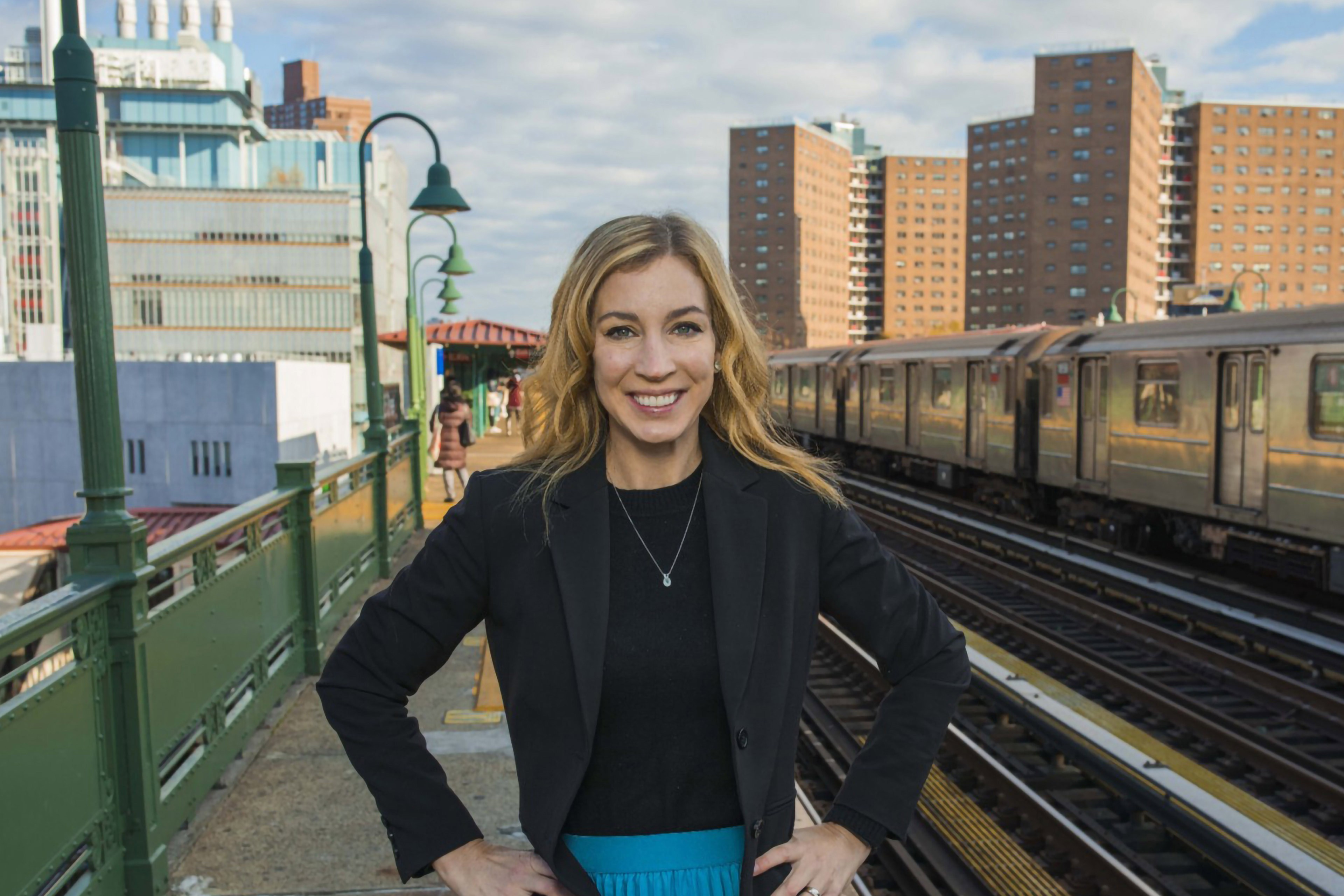
Alysia Steinmann
(she/her/hers)
Partner, Ernst & Young LLP, Audit
During my first year as partner, my second son was diagnosed with autism, and although overwhelming, I knew I had the right support group. I’m able to navigate and have the flexibility I need to be successful, despite daily struggles. Today, I try to support people in their journeys. I sit on the EY Americas Professional Network Council and the EY NYC DEI Council, representing and advocating for those with disabilities.
Previous
Next
